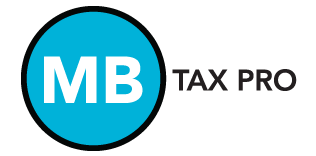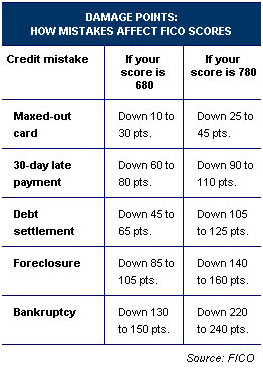
reprinted from Associated Press
WASHINGTON – A Social Security tax cut that economists say should help the economy this year is off to a slow start. Consumers increased their spending last month at the weakest pace since June, even with the extra money in their paychecks.
Some people may be using the additional money to pay down holiday credit card bills or higher gas prices, analysts said. And harsh weather may have deterred some people from shopping in January.
Personal finance experts say the real test of the tax cuts impact will come this spring, when the Easter holiday sales begin.
Still, consumers increased spending by only 0.2 percent in January, the smallest gain since June, the Commerce Department said Monday. At the same time, their incomes rose 1 percent — the biggest jump in nearly two years and a reflection of the tax cut.
The increased income is part of an additional $110 billion that economists say workers will receive this year from the cut in their Social Security taxes. Most families will see about $1,000 to $2,000 in extra income. Households with two high-income earners could receive up to $4,000 more.
In December, when President Barack Obama signed the tax cut as part of a broader tax package, economists predicted Americans would spend about two-thirds of the extra money and save the remaining one-third. Higher-income taxpayers were expected to save a little more; lower-income households would spend a bit more.
Economists said the extra spending would help boost growth and could lead businesses to hire more. Still, all that was before tensions in the Middle East sent oil prices spiking. And a surge in global commodity prices is now expected to push U.S. food prices up slightly this year, too.
Many analysts say such inflation could siphon off most of the benefit of the tax cut. Several scaled back expectations for growth Monday after seeing January's disappointing report.
"It doesn't look like the economy is going to get any strong net boost from the Social Security tax cut," said Paul Dales, senior economist at Capital Economics. "It will just go to pay higher prices on food and energy."
Consumer spending was growing at the fastest pace in four years in the final three months of 2010, helping to support the overall economy. The weak showing in January raised questions about how strong consumer spending, which accounts for 70 percent of economic activity, will be this year.
The modest 0.2 percent rise in spending was even weaker when inflation was taken into account. After adjusting for price changes — particularly a steep rise in energy costs — spending actually dipped 0.1 percent in January. That was the poorest showing since September 2009.
One factor that the report doesn't take into account is how much was spent on reducing debt. Households may have boosted their spending in December — after hearing about the pending tax cut — and spent the extra money in January to pay credit card bills.
Marshal Cohen, chief industry analyst for a N.Y.-based consumer market research firm, cautioned that most people might not have spent a lot because they didn't see much change in their income after only one month.
"One or two percent in your paycheck is not going to change the way you live," said Cohen, of the NPD Group Inc. in Port Washington. "It'll make living easier. What it will do is keep you spending the way you've been spending, so it will keep the status quo."
Over time, however, as consumers have the opportunity to pay down credit card and other debt, they'll feel more like spending again, Cohen said.
That could bode well for retailers, who are now looking for shoppers to open up for spring.
"I think the next big event we need to watch for is Easter sales," said Arun Jain, professor of marketing research at the University at Buffalo School of Management. "That will reflect what they want to buy for spring. That to me will tell us how confident they are."
An early sign of that would be an increase in clothing sales at discount department stores such as Sears, J.C. Penney, and Target, Jain said.
J.C. Penney launched its spring advertising during Sunday night's Academy Awards show, buying seven 30-second commercials focusing on its "We make it affordable, you make it yours" clothing campaign.
"When people get these types of paycheck boosts from the government, typically the first area people will spend on is essentials for the family," Jain said.
Job growth would also boost spending.
Sal Guatieri, senior economist at BMO Capital Markets, predicted the government will report Friday that the economy added around 200,000 jobs in February, much better than the 36,000 jobs created in January.
Still, the weak January spending data caused him to trim his forecast for overall economic growth for the current quarter from a rate of 3.5 percent down to 3.2 percent.
He said the January numbers suggest many families are still stretched financially.
"The key going forward will be job growth," he said. "If we start to see jobs growing in a stronger fashion, that will support the consumer in the face of rising gasoline and food costs."
www.mbtaxpro.com
Erin Murphy
David Bixel
MB Tax Pro
Portland, OR 97210





